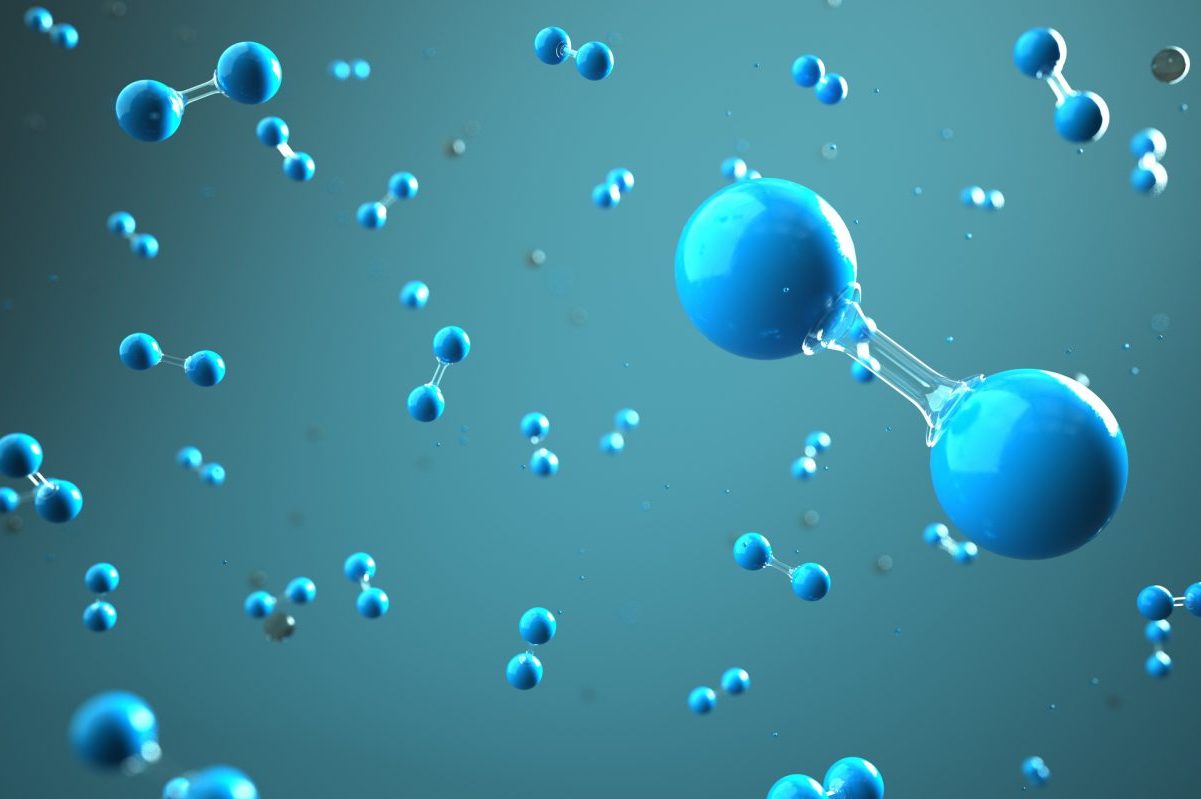International research team develops catalyst that does not require the precious metal iridium.
Everyone is talking about green hydrogen – the sustainable energy carrier is seen as a key element in decarbonizing industry. It is considered climate-neutral because it is produced using green electricity through electrolysis, i.e. the splitting of water into hydrogen and oxygen. Depending on the electrolysis process, various raw materials are used, especially precious metals. Iridium, for example, plays an important role as a catalyst for so-called PEM electrolysis (proton exchange membrane or polymer electrolyte membrane), which is becoming increasingly important. However, the process is not yet considered economically viable – one reason being the high cost and extreme rarity of iridium.
The work of an international team of researchers could change that. The process is described in Nature Materials: In their search for a suitable substitute for iridium, the scientists used the far more common and less expensive precious metal ruthenium. In its pure form, however, it proved too short-lived for water electrolysis, so ruthenium dioxide was doped with nickel, another comparatively inexpensive material. The catalyst produced in this way proved to be extremely productive and stable in practical tests: It produced hydrogen for more than a thousand hours under ambient conditions.

Ruthenium doped with nickel proved to be a robust catalyst to split water into hydrogen and oxygen. The anode developed at Rice University is intended to replace expensive iridium in industrial catalysts. (Credit: Jeff Fitlow/Rice University)
The team now wants to further improve the method and integrate it into industrial processes, because the present current density does not yet allow sufficiently efficient hydrogen production. Haotian Wang of Rice University, one of the researchers involved, estimates that the need is urgent: Even all the iridium produced worldwide is not enough to produce the required amount of hydrogen. With demand expected to soar in the next few years, the consulting firm Wood Mackenzie says there could be supply shortages, which would likely dampen the boom in green hydrogen technology. New catalysts are therefore needed that use less of the precious metal, or even none at all.
Another exciting development at Rice University is an environmentally friendly and efficient process for recycling valuable rare earths from electronic waste and industrial residues.
Photo: iStock/style-photography


